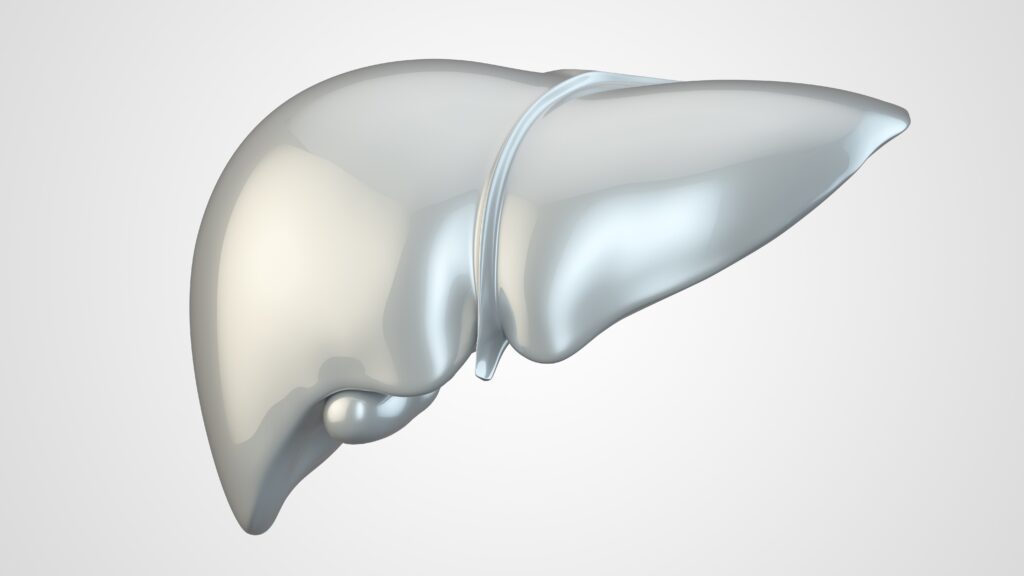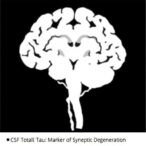Zydus Therapeutics has racked up a phase 2b/3 win in primary biliary cholangitis (PBC), clearing the path to a filing to establish the company as a challenger to Gilead Sciences, Intercept Pharmaceuticals and Ipsen.
The phase 3 part of the trial randomized 149 people to receive the PPAR agonist saroglitazar or placebo. After 52 weeks of daily oral dosing, 48.5% of patients on the Zydus drug met the biochemical response, achieving the primary endpoint of the trial. Zydus plans to discuss the data with the FDA with hopes of filing for approval in the first quarter of 2026.
If approved, saroglitazar will enter a market served by other drugs, including rival PPAR agonists. The FDA approved two PPAR agonists in PBC last year, clearing Gilead’s Livdelzi and Ipsen’s Iqirvo to compete for the market with Intercept’s FXR agonist Ocaliva.
Gilead reported (PDF) a 62% biochemical response rate in the study that supported approval of Livdelzi. Ipsen’s Iqirvo achieved (PDF) a 51% biochemical response rate in its pivotal trial.
Unlike the PPAR agonists, Intercept’s Ocaliva carries a boxed warning. The FDA rejected a filing for full approval of the product in November—while leaving the accelerated nod in place—and flagged liver injury reports in December.
When Zydus completed enrollment in its phase 3 trial last year, the lead principal investigator reported (PDF) “growing optimism” that saroglitazar can improve on the efficacy, safety and tolerability of existing treatments. The investigator was speaking before the approvals of Livdelzi and Iqirvo.
The data shared by Zydus to date preclude cross-trial comparisons to assess whether saroglitazar has any potential advantages over the incumbents. The lack of a placebo response rates in Zydus’ release limits efficacy comparisons, though the absolute response rate of saroglitazar falls short of its rivals.
The biotech’s release also lacks data on itching and fatigue, symptoms the investigator named as areas in which Zydus may have an edge.
Zydus plans to share full data from the trial at a future scientific congress.


